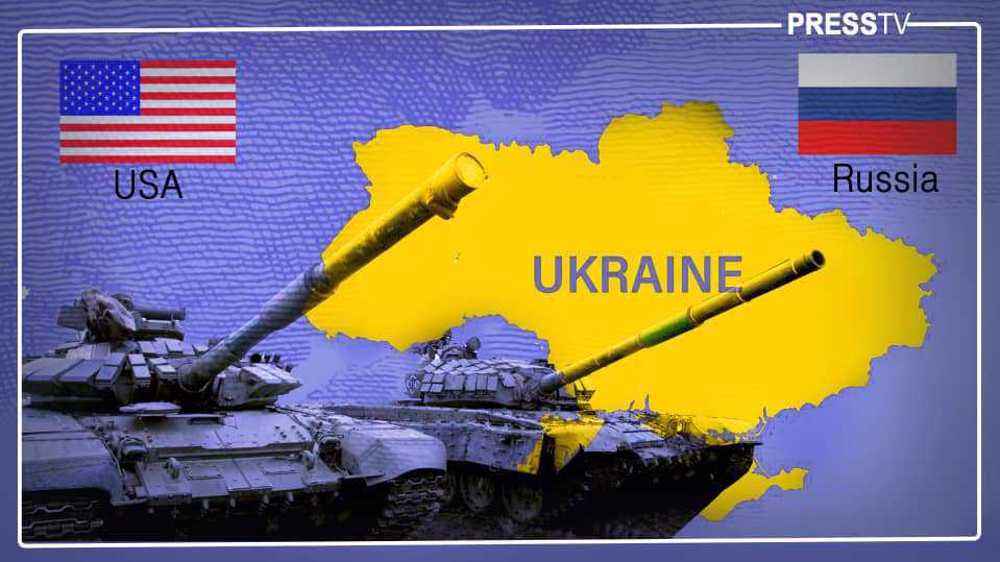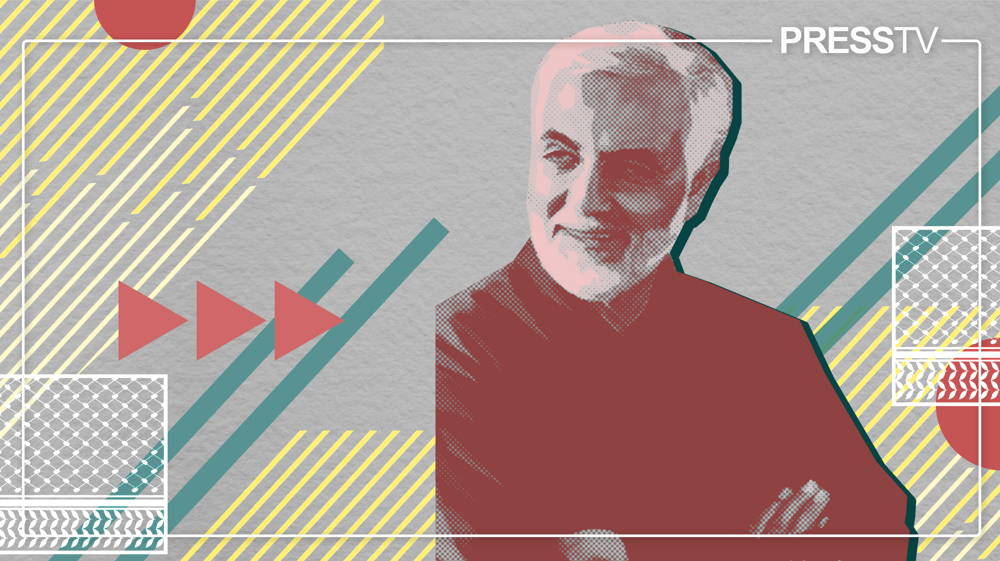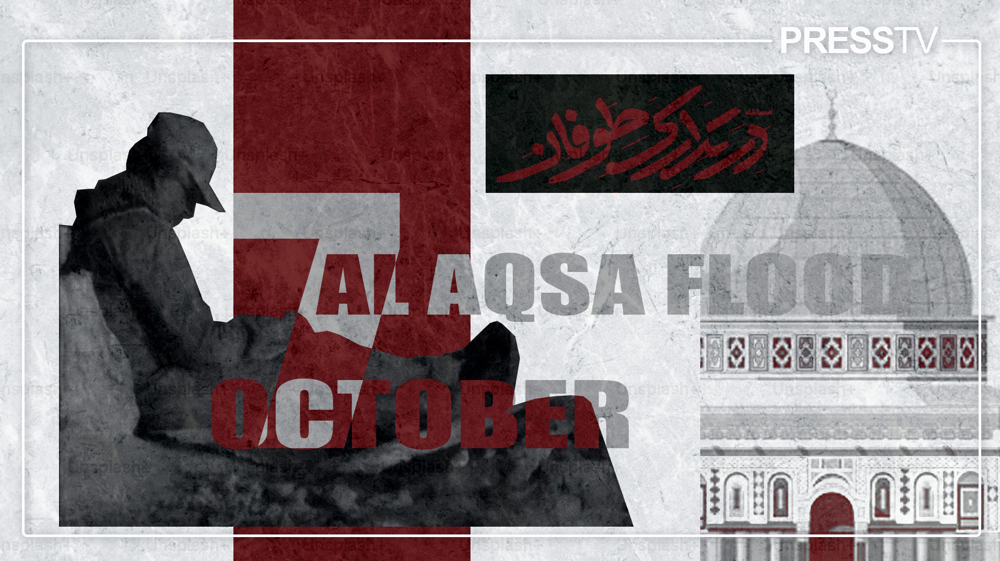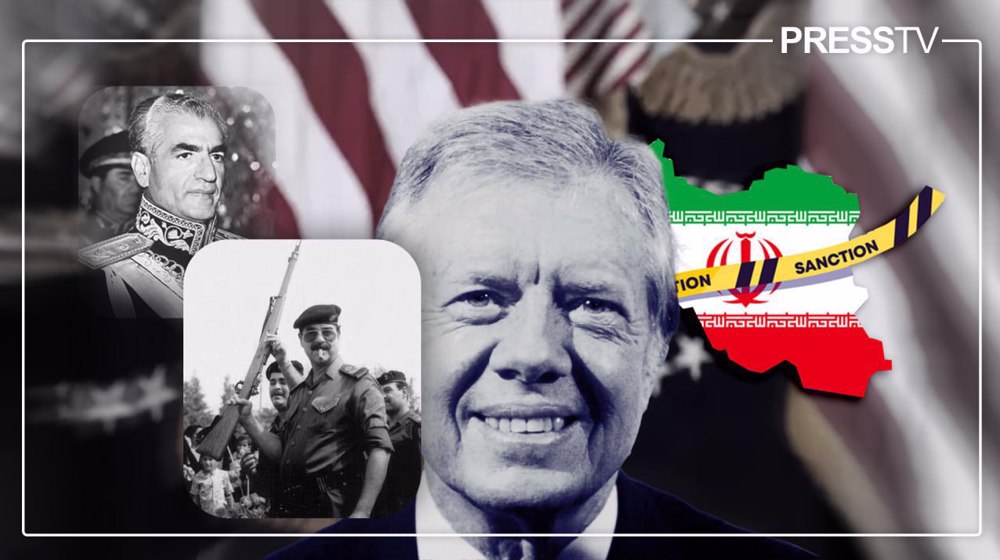West Asia after Ukraine war
By Abolfazl Bazargan
Introduction: Causes of the Ukraine crisis
The Ukraine crisis, regardless of whether one regards it as a pleasant or sad event, unveils important changes in the current international order, which we need to have a clear understanding of in order to recognize the opportunities and challenges ahead for our national interests before taking a stand. The Ukraine crisis can be interpreted from various historical, geographical, border, ethnic, racial, political, and even political economy aspects, but what is examined at the macro level in international relations is the rivalry between Russia and the United States over a strategic depth called Ukraine. Russia has always been a potentially important international polar owing to its vast size, strategic geopolitics, access to vast energy resources, and most importantly, military superiority and possession of the largest number of nuclear warheads in the world, and never has it been observed in Russia’s contemporary history that Russia would be absorbed and digested by another superpower’s order. Whether in the Tsarist era, the Soviet Union era, or present-day Russia, except for a very short period from the collapse of the Soviet Union to 2008 (the US financial crisis and the Russian invasion of Georgia), when it was hopelessly under the American order, Russia has always been an important polar in the international order, and now, with the issue of transition involving the relative decline of American power and the growth of China, there are far more opportunities for Russia to play a role. On the other side, the United States of America, which became the only superpower or so-called hegemon in the international system, now has to not only increase its power but also prevent the rise of China and Russia, which have challenged the unipolar American order. To do so, it has entered various areas of competition, including political, cultural, media, economic, technological, cyber, space, and other sectors, but the most important of these areas is the main hard core of international relations, namely military and geopolitical power. One of the most important strategies for restraining and controlling the rival in the field of geopolitics is to increase one’s own strategic depth. To put simply, strategic depth means that country A positions its influence and military presence in a third country located on the border of its rival, country B, so that in case of a potential war, the vulnerability of country B on its borders will be increased, and country A will be more secure given that it is miles away. The United States has done this with Russia, China, and the Islamic Republic of Iran in Ukraine, Taiwan, and the Persian Gulf, respectively. With regard to Russia, after the collapse of the Soviet Union, the US has clearly extended its area of influence to Russia’s borders through NATO despite its obligations, and Russia has repeatedly objected to this trend. Due to its geopolitical position on the Russian border, Ukraine is a security red line in Russia’s neighborhood document, which considers the presence of any foreign rival on Russia’s borders a serious security threat and will never allow its rival, the US and NATO, to be more present at its borders. Now, with the transition in the international order and the relative decline of US power, Russia sees that it has the opportunity to react, change the American order, and exert its desired order on its borders. By threatening each other, Russia and the US initially tried to force their desired order on each other. By escalating the tension in Ukraine, the US tried to make Ukraine a member of NATO, and in return, by using threats, Russia sought security assurances from the West that it would withdraw NATO. Eventually, with US and NATO refusing to give such a guarantee, Russia, calculating the costs and benefits, decided that it would not tolerate NATO’s advances toward its borders anymore and attacked Ukraine to ensure its national security and to force NATO to withdraw.
What does the Ukraine crisis tell us about the international order
The Ukraine crisis proves to us that the transition in the international order is over and we have entered a new order. To put it better, the unipolar American order, which has been faltering in the past ten years, is now objectively over, and we have entered into an unbalanced tripolar order led by the US, China, and Russia – an arena in which Russia seeks to play a role in a third country to secure its interests, and the US can in practice take no action in response. This trend will most likely be seen soon, even on a larger scale, in Taiwan between China and the US. All of these events show us that not only have we entered an asymmetric tripolar order, but we have also entered a new cold war era. Also, despite the increasing importance of the nature of this new cold war and the expansion of civilian fields such as economy, trade, culture, technology, cyberspace, etc. in recent decades, we still see that what determines the competition pattern between governments, especially superpowers, is the same main hard core of international relations, namely military and geopolitical power. The type of Russia’s reaction to the presence of NATO forces at its borders also shows how important the issue of security is for countries. In other words, Russia had definitely predicted that in the event of attacking Ukraine, it will be targeted with extensive US and European sanctions. But in calculating the costs and benefits, Russia preferred ensured security at its borders to economic sanctions and does not back down from its security-related stances for fear of economic sanctions. The current circumstances also demonstrate that the effectiveness of US sanctions as a weapon aimed at imposing its will is no longer as effective as it once was, and that this may be due to two reasons: The first is the emergence of an economic superpower called China, such that at the beginning of the Beijing Olympics and Putin’s visit, extensive and long-term oil and gas contracts were inked between the two countries. And the second is the experience of the failure of the campaign of US maximum pressure sanctions against the Islamic Republic of Iran. These two factors probably hearten Russia, and as a result, it will have more freedom of action in its foreign policy behavior. But in the end, perhaps the most important lesson to be learned from the Ukraine crisis is the issue of “self-help”. We now hear Ukrainian officials frequently lamenting that the West and Europe, despite all their promises to support Ukraine against Russia, did not react and left Ukraine to itself. We also hear a lot about their experience of the Budapest agreement in 1994, when Ukraine carried out nuclear disarmament on assurances that Russia, the US, and European countries would protect Ukraine’s security. This might be the greatest lesson we need to learn from the nature of international relations, namely that the anarchic international order is always ambiguous, which means that no state can ever have absolute confidence in its future in relation to other states, and the security of any state can always be threatened at any moment for any reason, and states have no choice but to help themselves to ensure their relative security, and that “trusting others” – whether the US, Europe, China, Russia, or any other government – in the international arena makes no sense anymore. Ensuring their national security and interests is the most important reason behind the behavior of governments, and wherever the national interests of governments require, they may dishonor their commitments without question. Ultimately, each government alone has a responsibility to ensure its own security and national interests and must always be prepared for the worst-case scenarios.
Opportunities provided by Ukraine crisis for the Islamic Republic of Iran
The Islamic Republic of Iran is perhaps the only country that has stood up to and survived against the American unipolar order over the past thirty years. It has not just survived but also managed to challenge the American order in the West Asian region and exert its own desired order in parts of the region. In a unipolar order, this country had very limited freedom of action to solve its problems, and naturally, when that order changes and we enter a tripolar order and the American power declines, there will be increasing opportunities for Iran.
Meanwhile, as rivalry among these new superpowers increases in their relations, they get closer to us. In other words, if the United States treated Russia or China in a more friendly way, their positions on Iran would have become more coordinated. However, as the distance among them increases and their differences deepen, they will get closer to those countries with whom they have shared threats. This situation is clearly being seen in the present world order. As differences deepen between China and Russia, on the one hand, and the United States, on the other, these two countries get closer to each other and as a result, they also get closer to another country, which has been at loggerheads with the United States for forty years. On the other hand, imposition of more sanctions against Russia by the United States and possible imposition of sanctions on China over the crisis in Taiwan in the future, will cause these countries to get closer to those governments that are in similar conditions. We describe this situation as the sanctions club. At the present time, in order to foil the US sanctions, Russia has no other choice, but to boost cooperation with China and its southern neighbor, that is, the Islamic Republic of Iran, which has a good experience in circumventing sanctions. The simultaneity of the Ukraine crisis with the JCPOA revival deals in Vienna, has provided Iran with a special opportunity to get more concessions in this regard.
Firstly, the United States is entangled in crises such as Ukraine and Taiwan, and is not able to resolve all international crises in its own favor. Naturally, at the present time, the United States cannot control Iran’s behavior in West Asia at any price. For example, before 2015, the United States tried to impose the JCPOA on Iran by giving the least concessions through the threat of “war or agreement.” However, at the present time, increased deterrence power of the Islamic Republic of Iran in parallel to the emergence of various international crises, have made it an undesirable option for the United States to wage a new war in the Middle East. Therefore, it cannot use the threat of war as a means to get more concessions from Iran and, as a result, it has no way, but to give concessions to Iran in order to revive the JCPOA. This has provided Iran with a good opportunity to insist on taking more concessions from the United States.
Secondly, increased differences between Russia and the United States over the crisis in Ukraine will make them less coordinated in the Vienna talks and will cause Russia's position to get closer to that of Iran. It must be noted that, many people may argue that Russia and the US will reach a deal over Iran and Ukraine and this will be detrimental to Iran. However, a closer look at the transitional situation in the international system will show that differences between Russia and the US are more serious than being resolved through such deals
Thirdly, Ukraine’s failed experience in guaranteeing its security by reliance on other countries, especially the West and the United States, will lead Iran toward a rationality in its calculation of benefit and cost. As a result, it will put more emphasis on getting guarantees for the revival of the JCPOA, knowing that there are no practical guarantees in international relations, unless through the logic of cost and benefit. It will certainly emphasize that Iran’s nuclear installations, enriched uranium stocks, advanced centrifuges and so on should neither be destroyed, nor taken out of the country. They must be merely kept under seal inside the country after being suspended, under joint supervision of Iran and the IAEA. Perhaps, this could be the only practical guarantee to be taken on the revival of the JCPOA, which would prevent the United States and Europe from further violating their commitments.
What position should Iran take vis-à-vis the Ukraine crisis?
There are mainly two types of views on positions that countries take toward international developments. The first is a value-based, normative and moral view, in which diplomatic positions should be based on the norms of the international community and maintain the image of the countries. The second view — which is, by the way, the dominant and real one in relations between nations — is to adopt a position based on the provision of national interests. It means that governments take stances that serve their national interests in the face of international developments. Regarding international issues, we should consider what type of field we are dealing with within the international order and where we stand in the new multi-polar order.
Naturally, vis-à-vis the Ukraine crisis, the governments that share common security concerns with Russia in the face of the United States have taken almost similar positions, most notably China. This is because China has similar concerns over the US in Taiwan. The Islamic Republic is also one of those countries that suffer greatly from this common security concern. Iran considers the presence of US forces and military bases near its borders in neighboring states, especially those on the southern shore of the Persian Gulf, a serious threat to its security. This concern has recently doubled by the presence of Israeli forces in the UAE and Bahrain with the US support. The Islamic Republic reserves the right to react as soon as it sees any threat in order to defend itself and maintain its security. Iran’s stance on the Ukraine crisis is thus based more on the same common security concern than on gaining Russia’s trust or satisfying the world public opinion.
Meanwhile, the consequences of the governments’ stances should also be taken into account. For example, the Zionist regime, which has always had very close relations with Russia, condemned Russia and supported Ukraine. In response, Moscow was quick to challenge Israel’s presence in Syria’s Golan Heights and said that it does not recognize the regime’s “sovereignty” over the territory because it is occupied! In the meantime, the Islamic Republic has had the biggest challenges with the United States and the West. Now, there is an opportunity for superpowers to approach Iran, while the American order is declining. Therefore, why should Iran act in accordance with the former logic of order, and why should it undermine its national interests in this new order through a wrong cost-benefit calculation? Finally, the author believes that regarding the Ukraine crisis, Iran should only consider its national interests in foreign policy in this new international order in addition to denouncing the war, calling for restraint and encouraging a peaceful settlement of the conflict between the two sides.
Abolfazl Bazargan has a PhD in international relations and is a researcher in international security.
(This article was written originally in Persian and translated to English by Press TV staff. The views expressed in this piece do not necessarily reflect those of Press TV.)
Over 10,000 Palestinians trapped in besieged north Gaza as Israel war on hospitals rages
Iran deploys troops to western, eastern borders: Top commander
Yemen fires hypersonic ballistic missile into Tel Aviv's Yaffa, targets power station
Yemen warns US, Israel: Welcome to 'big hell'
VIDEO | Yemen’s Ansarullah leader highlights US, Israeli failure in Yemen
Iran will continue 'all-out support' for Resistance Front: Ambassador
VIDEO | Iran's Leader speech on Martyr General Qassem Soleimani
Israel kills dozens ahead of emergency UN meeting on Gaza










 This makes it easy to access the Press TV website
This makes it easy to access the Press TV website